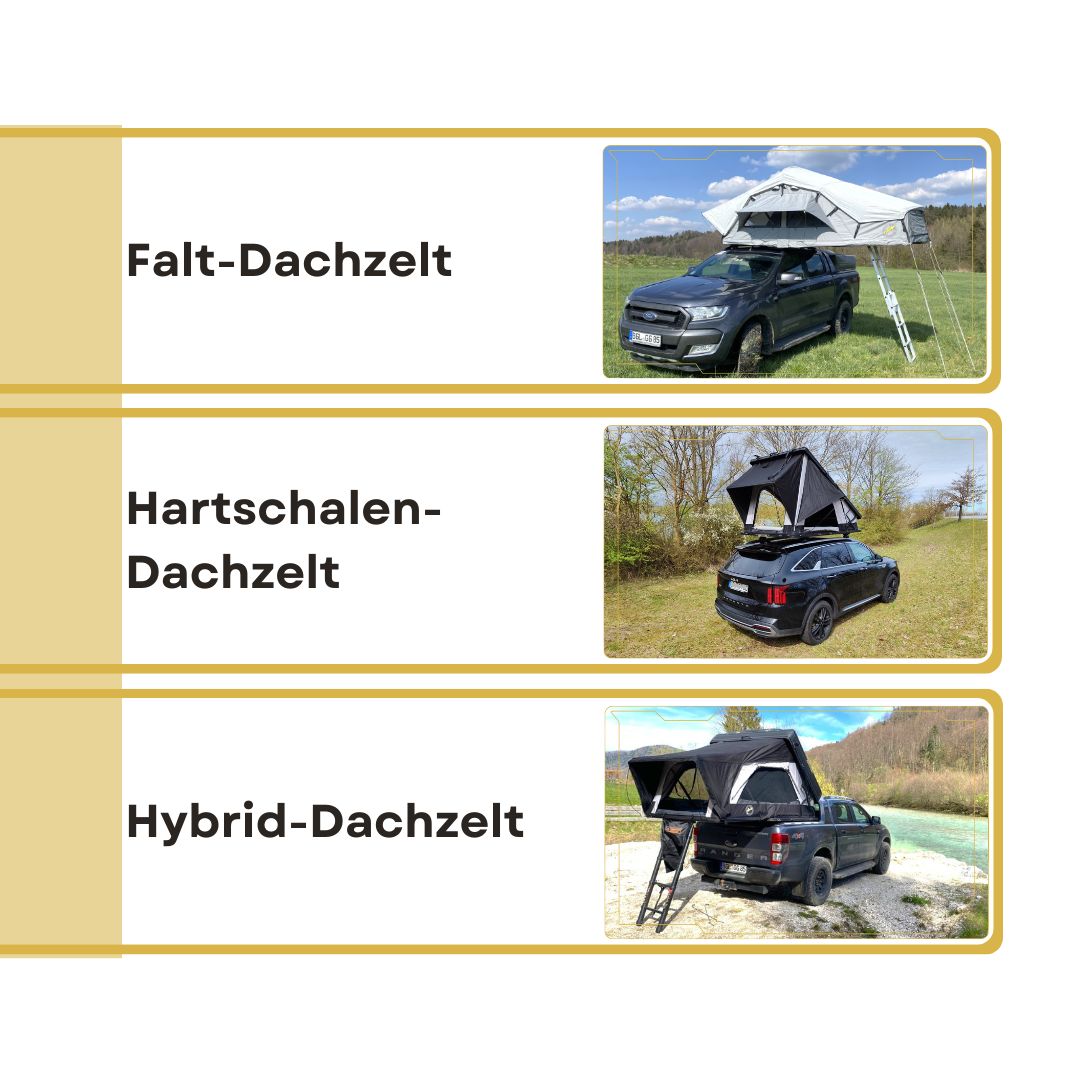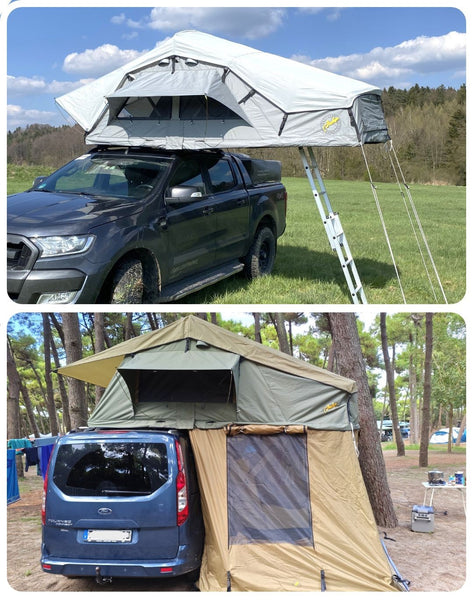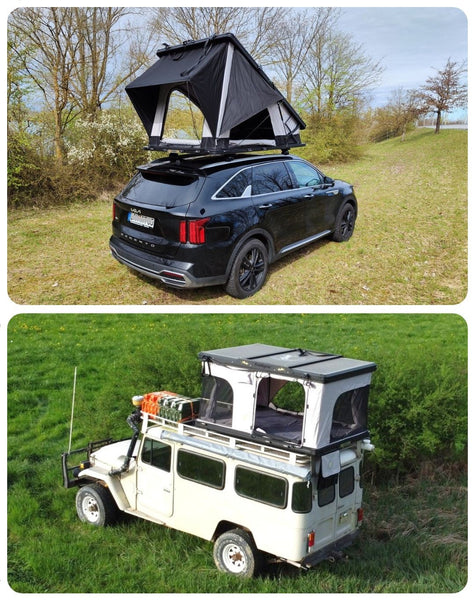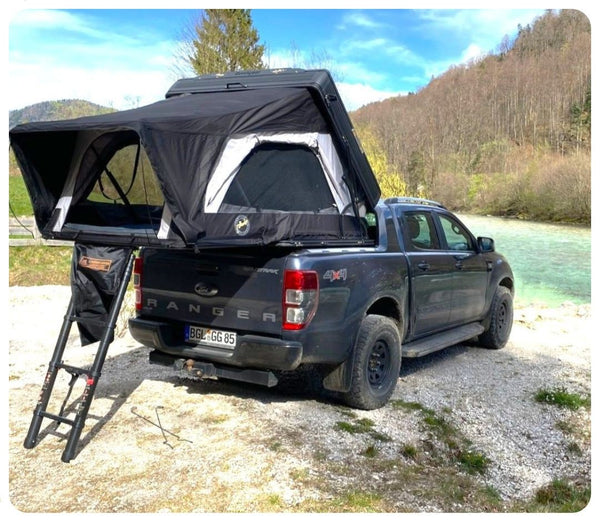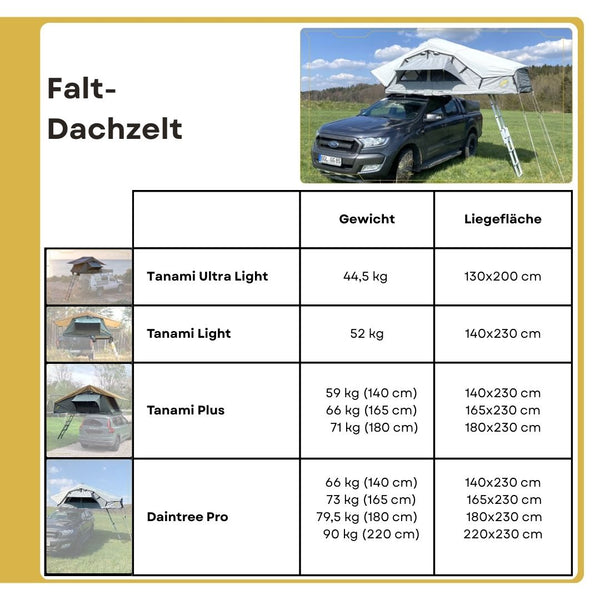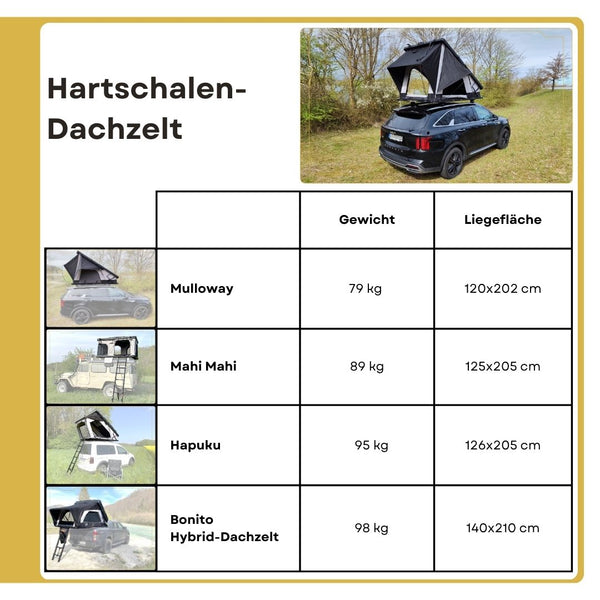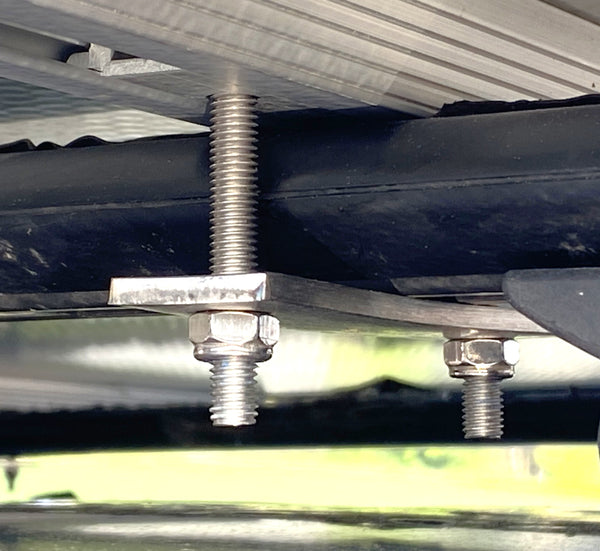Ich habe den Artikel immer noch nicht erhalten.
Bitte kontrollieren sie ihre Versendung! LG Marco Signoroni
Top Qualität, bin begeistert. Danke liebes Gordigearteam
Super Teil, hält meine Markise.Am T5 passt die 250cm Markise sehr gut, braucht aber einen 4. Winkel.
Das Tanami Ultra Light vervollständigt meine Gordigear Ausrüstung die überTaiga mit Vorzelt und drei Markisen mit einem Unterzelt reicht. Die Eigenschaften der Produkte sind absolut top. Taiga als Basislager mit drei großen Hunden und Tanami als Übernachtungsmöglichkeit auf den Bergen ist eine gute Kombination.

